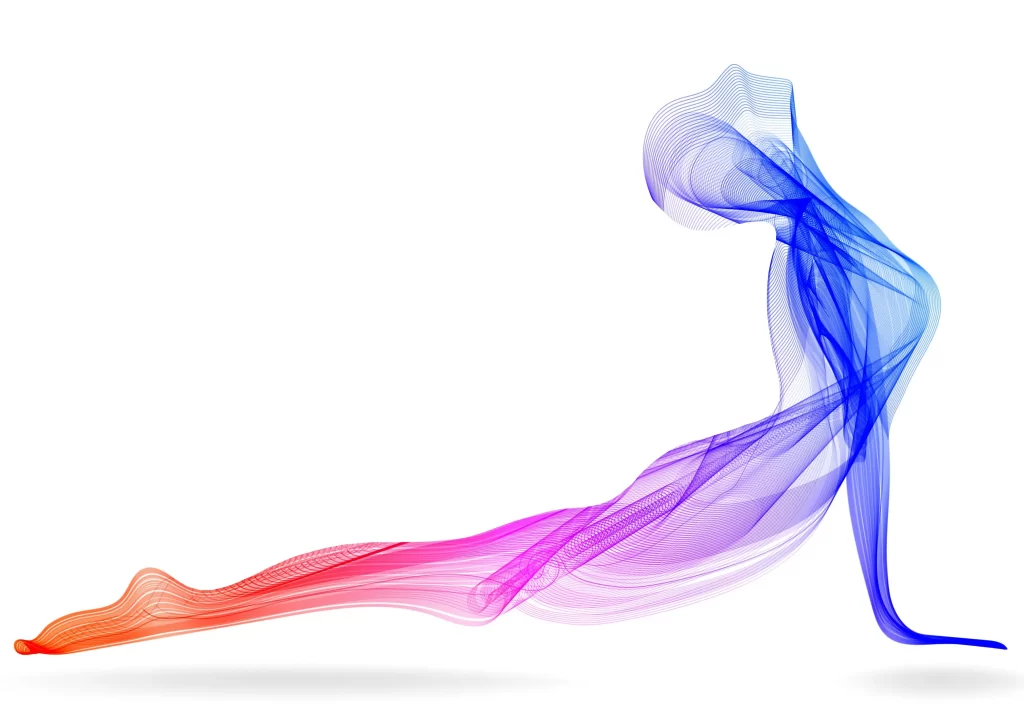UK Mental Health Support and Resources
Samaritans Helpline 0800 689 5652 – 24/7, every day
Mind Helpline 0300 102 1234 – 9am to 6pm, Monday to Friday (excluding bank holidays)
Rethink Mental Illness Helpline 0808 802 6666 – 9.30am to 4pm, Monday to Friday , (excluding bank holidays)
Beat Eating Disorders Helpline 0808 801 0677 – 3pm to 8pm, Monday to Friday
Switchboard LGBT+ Helpline 0300 330 0630 – 10 am to 10pm, Monday to Sunday
USA and Canada Mental Health Support and Resources
National Suicide Prevention Lifeline Helpline 988 – 24/7, every day
National Alliance on Mental Illness (NAMI) Helpline 1-800-950-NAMI (6264) – 10am to 10pm, Monday to Friday
Crisis Services Canada Helpline 1-833-456-4566 or text 45645 – 24/7, every day
National Eating Disorder Information Centre (NEDIC) Helpline 1-866-NEDIC-20, 9am to 9pm, Monday to Thursday, 9am to 5pm Friday, 12pm to 5pm, Saturday and Sunday
The Alliance for Eating Disorders Awareness Helpline 866-662-1235
Trans Lifeline Helpline: Call 1-877-330-6366 – 24/7, every day




